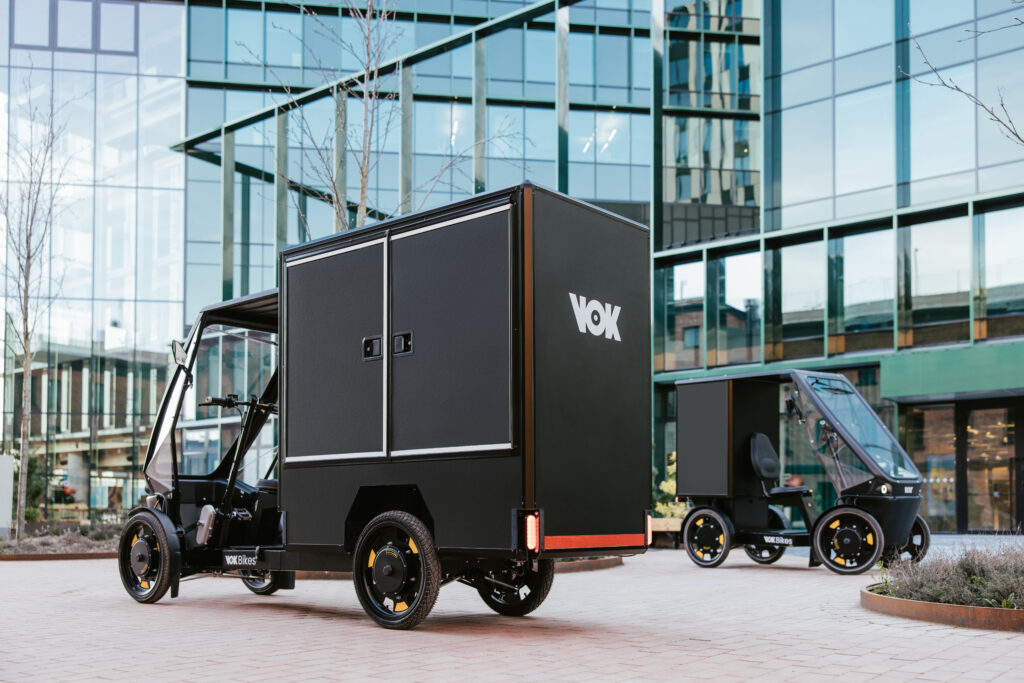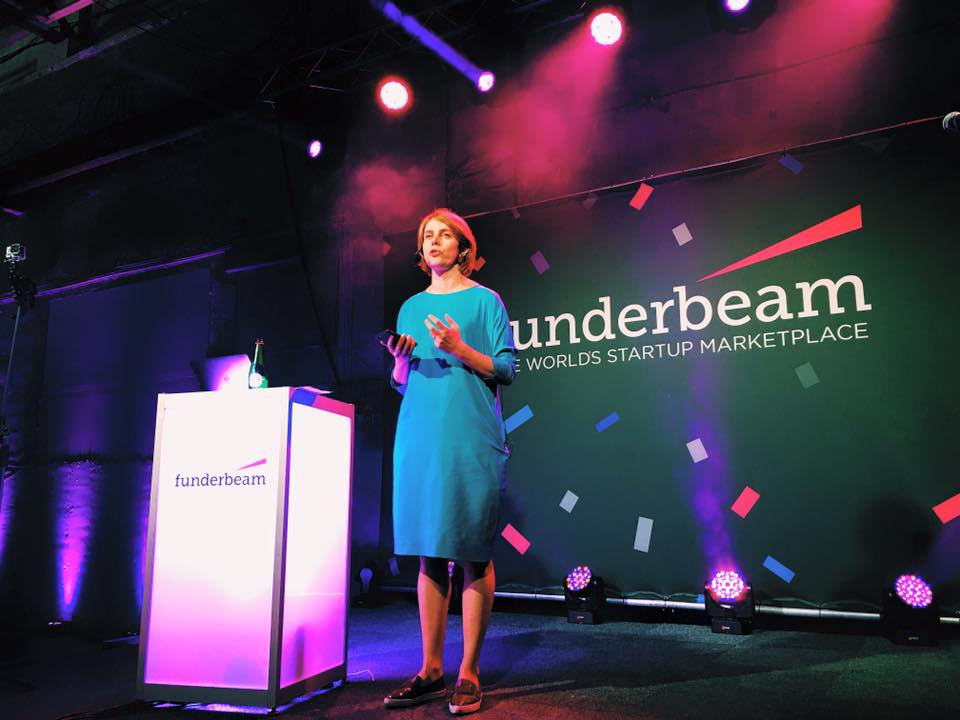Estonian startups raised €147.3 million in the first three quarters of 2023, engaging in 45 investment deals with an average size of €3.3 million each.
By the end of the third quarter, 23 deals exceeding one million euros were made. However, the amounts of four deals signed this year remain undisclosed, according to Startup Estonia.
The largest investments this year were raised by Funderbeam with €36 million, Binalyze with €17.7 million, RangeForce with €17 million, Planet42 with €14.1 million, and Efenco with €12.3 million. Additionally, Skeleton Technologies raised a substantial €50 million but it is no longer included in Startup Estonia’s statistics as the company has grown beyond startup status.
Compared with 2022, the number of investment deals has decreased – by this time last year, startups had secured 59 deals, with 39 of them exceeding one million euros.
The head of Startup Estonia, Eve Peeterson, noted that the number and average value of deals had dropped this year. Last year’s statistics were significantly skewed by Bolt’s €628 million mega investment.

Deep tech startups take nearly half of the investments
“Even without Bolt’s influence, there’s been a decrease in investment volumes – investors are cautious, and decision-making processes are slower and more thorough. On a positive note, there’s a growing interest in the innovation sector, with increasing investments in deep tech startups, which are expected to make significant developments and breakthroughs in the coming years,” Peeterson said.
Nearly half of this year’s investment deals were made by deep tech startups, which have seen growing investment volumes despite a cooler overall investment climate. These companies raised a total of €34.4 million in 17 deals in the first three quarters. The largest investments in this sector were made by Efenco with €12.3 million, Roofit.solar with €6.45 million, Vok Bikes with €3.8 million, Elmo with €2.6 million, and Value.Space with €2.1 million.

Currently, there are 130 deep tech startups in Estonia, including companies like Auve Tech, developing autonomous vehicles and transportation systems, and Pactum AI, creating an AI-based negotiation platform. Also, companies founded by Estonian female scientists, such as Value Space and Nanordica Medical, are part of this sector.
The combined revenue of deep tech startups in the first three quarters of this year was €117.5 million, nearly a third more than last year. These companies paid a total of €23.3 million in labour taxes to the state, up 26 per cent from the end of the third quarter last year. Deep tech companies employ over 1,500 people in Estonia.

